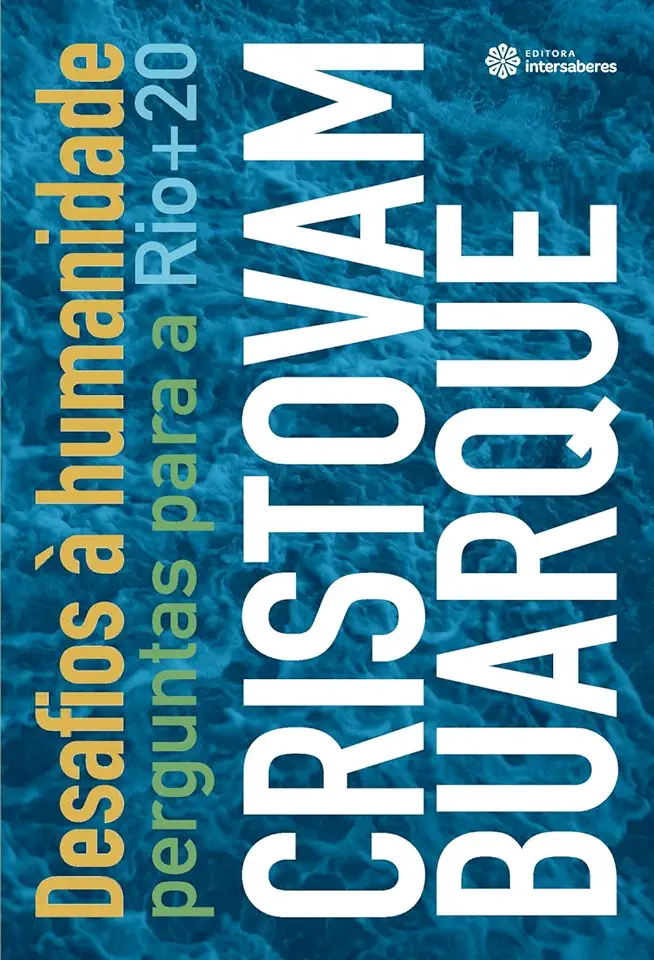
Challenges to Humanity - Questions for Rio+20 - Cristovam Buarque
Challenges to Humanity: Questions for Rio+20
Introduction
In his book "Challenges to Humanity: Questions for Rio+20", Cristovam Buarque presents a comprehensive analysis of the most pressing issues facing the world today. Drawing on his extensive experience as a politician, economist, and educator, Buarque offers a unique perspective on the challenges of sustainable development, climate change, poverty, and inequality.
Sustainable Development
Buarque argues that sustainable development is the only way to ensure a just and prosperous future for all. He defines sustainable development as "a process of economic and social transformation that aims to improve the quality of life for all people, while preserving the environment for future generations."
Buarque identifies several key challenges to sustainable development, including:
- The need to reduce greenhouse gas emissions and mitigate climate change.
- The need to eradicate poverty and reduce inequality.
- The need to protect the environment and biodiversity.
- The need to promote sustainable agriculture and food systems.
- The need to ensure access to clean water and sanitation for all.
Climate Change
Climate change is one of the most urgent challenges facing humanity today. Buarque argues that we must take immediate action to reduce greenhouse gas emissions and mitigate the effects of climate change. He proposes a number of policies to address climate change, including:
- Investing in renewable energy sources.
- Improving energy efficiency.
- Reducing our reliance on fossil fuels.
- Protecting forests and other carbon sinks.
- Adapting to the effects of climate change.
Poverty and Inequality
Poverty and inequality are two of the most pressing challenges facing humanity today. Buarque argues that we must take bold action to eradicate poverty and reduce inequality. He proposes a number of policies to address poverty and inequality, including:
- Investing in education and job training.
- Providing access to healthcare and social services.
- Promoting economic growth and development.
- Strengthening social safety nets.
- Reforming the global financial system.
Environmental Protection
Protecting the environment and biodiversity is essential for the survival of humanity. Buarque argues that we must take urgent action to protect the environment and biodiversity. He proposes a number of policies to protect the environment, including:
- Reducing pollution.
- Conserving natural resources.
- Protecting endangered species.
- Establishing protected areas.
- Promoting sustainable agriculture and forestry practices.
Sustainable Agriculture and Food Systems
Sustainable agriculture and food systems are essential for feeding a growing global population. Buarque argues that we must transform our agricultural and food systems to make them more sustainable. He proposes a number of policies to promote sustainable agriculture and food systems, including:
- Investing in research and development of sustainable agricultural practices.
- Providing incentives for farmers to adopt sustainable practices.
- Reducing food waste.
- Promoting healthy diets.
- Reforming the global food system.
Access to Clean Water and Sanitation
Access to clean water and sanitation is a basic human right. Buarque argues that we must ensure that everyone has access to clean water and sanitation. He proposes a number of policies to ensure access to clean water and sanitation, including:
- Investing in water infrastructure.
- Providing subsidies for water and sanitation services.
- Promoting water conservation.
- Educating people about the importance of water and sanitation.
- Reforming the global water governance system.
Conclusion
In "Challenges to Humanity: Questions for Rio+20", Cristovam Buarque presents a comprehensive analysis of the most pressing issues facing the world today. He offers a unique perspective on the challenges of sustainable development, climate change, poverty, and inequality. Buarque's book is a must-read for anyone who is concerned about the future of our planet.
Enjoyed the summary? Discover all the details and take your reading to the next level — [click here to view the book on Amazon!]